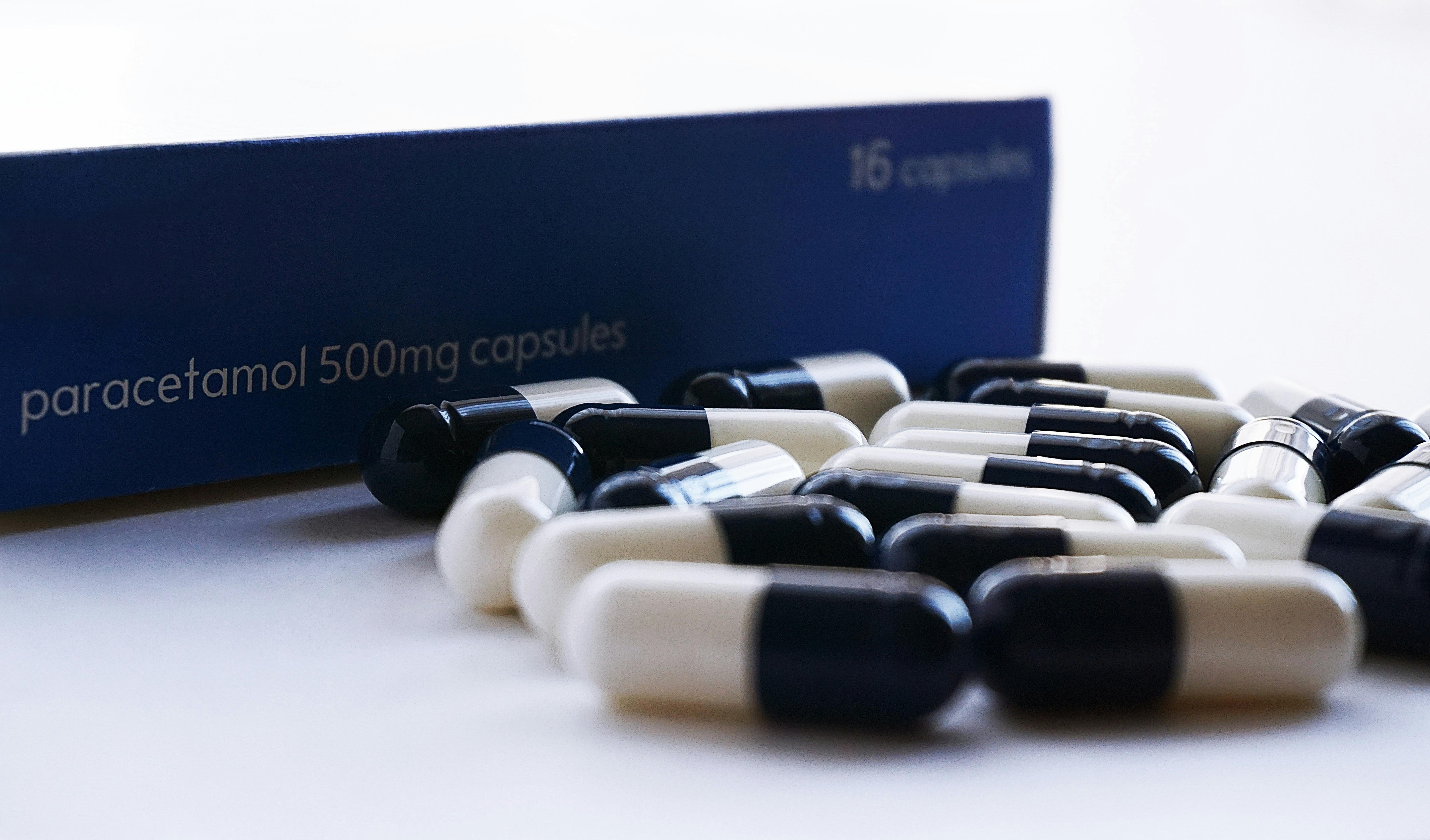7 Common OTC Painkillers That Could Be Hurting Your Gut Microbiome
Our gut is home to a thriving community of trillions—yes, trillions—of bacteria that help digest food, keep immunity strong, and support everything from mood to metabolism. This intricate “microbiome” is as unique as our fingerprint, quietly working behind the scenes day after day. But have you ever wondered how everyday medications might be affecting this delicate system? Over-the-counter painkillers seem like harmless fixes for aching backs or headaches, often considered staples in medicine cabinets. Yet, a wave of new research shines a light on how some of these familiar pills could be shifting the balance in our guts in ways we’re only beginning to understand. It turns out even the medicines we rely on most for quick pain relief may have far-reaching effects beyond their original target. If you use painkillers regularly, you’re not alone—these medications are incredibly common. The good news? Knowing more empowers us to make choices with confidence and care. Here’s an evidence-based look at seven of the most commonly used painkillers, what the science says about their gut effects, and gentle steps you can take to look after both comfort and microbiome health.
1. Ibuprofen (Advil, Motrin): The Everyday Pain Reliever with Unexpected Gut Risks

Among the lineup of over-the-counter painkillers, ibuprofen is the all-star—almost everyone reaches for it at some point. Known for targeting pain and inflammation, it’s found in products like Advil and Motrin. But recent studies are starting to change how we think about its effects on the gut. In 2025, University of South Australia researchers concluded that ibuprofen can lead to notable shifts in gut bacteria, encouraging mutations that may even help bacteria resist antibiotics. While these microscopic changes might not be noticeable overnight, they have sparked concern among scientists, especially for people who take ibuprofen routinely for headaches, joint pain, or muscle aches. Ibuprofen’s primary job is to dial down inflammation, but in the process, it can also disturb the balance of helpful and potentially harmful gut microbes. If you find yourself relying on ibuprofen often, it’s a great time to chat with your healthcare provider about options, or consider practices that may protect your gut, like taking the lowest effective dose and not combining with other similar meds unless advised. Remember, moderation is key—and your gut will thank you in the long run.
2. Acetaminophen (Tylenol): A Surprising Contributor to Microbial Shifts

Acetaminophen, known as Tylenol, may feel like the “gentle” option for sensitive stomachs. For years, it’s been recommended as a safe go-to for headaches, fevers, or minor aches. But new research is giving experts pause. In an eye-opening 2025 study, acetaminophen turned out to have a surprising downside—it increased mutation rates in gut bacteria when used alongside certain antibiotics, potentially driving resistance. This happens because acetaminophen seems to help bacteria activate their own microscopic “defense shields,” making them harder to combat if infections arise. While this doesn’t mean you need to stop using Tylenol for the occasional ache, if it’s your pain reliever of choice several times a week, it’s worth discussing with your doctor. The emerging science reminds us that what feels soothing up top can have ripple effects for the trillions of organisms we rely on every day. Mindful use and regular check-ins with your care team can keep both pain and your inner ecosystem in harmony.
